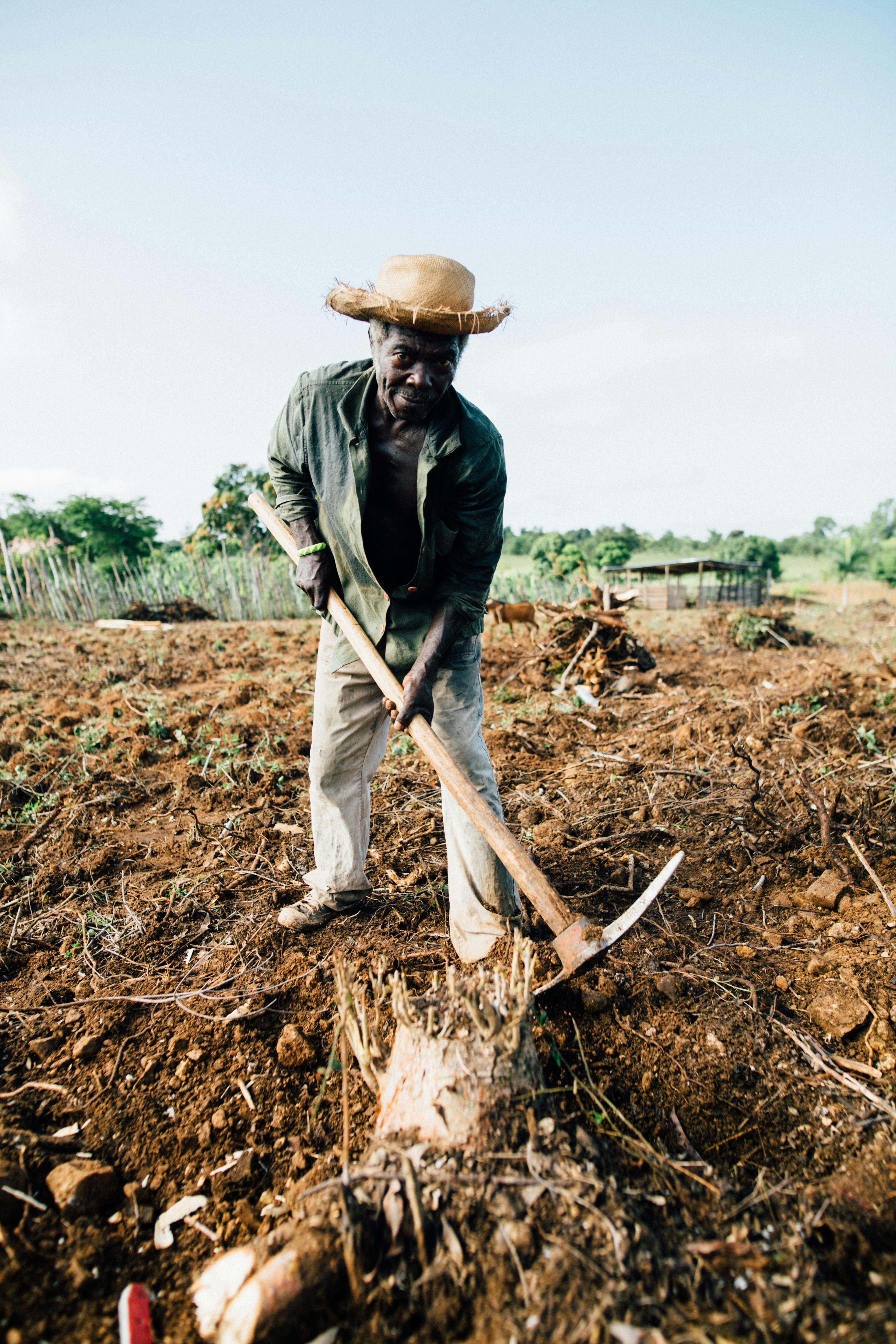Leveling The Fields: How The EU's Farm Subsidy Overhaul Could Benefit Small Farmers

The European Union’s Common Agricultural Policy (CAP) has long been a cornerstone of its efforts to support farmers and ensure food security. However, the system has faced criticism for disproportionately favoring larger agricultural enterprises, leaving small farmers struggling to compete. Christophe Hansen, the EU’s new agriculture chief, is pushing for reforms to redirect more subsidies toward small-scale farmers. This shift could mark a significant step toward a more equitable and sustainable agricultural system.
Background on the EU’s Agricultural Subsidy System
The CAP, a multibillion-euro program, was designed to support European farmers and stabilize agricultural markets. Over the years, its funds have predominantly gone to large-scale producers, creating an uneven playing field. Small farmers, who often lack the resources and market access of their larger counterparts, have found it difficult to survive under the current system. This imbalance has exacerbated rural economic disparities and hindered efforts to promote sustainable farming practices.
The Proposed Overhaul of Farm Subsidies
Hansen’s reform plan aims to address these disparities by increasing funding for small farmers. His proposal includes reallocating subsidies to prioritize small-scale operations, investing in rural infrastructure, and supporting sustainable farming practices. The plan aligns with broader EU objectives, such as fostering rural development, enhancing food security, and achieving environmental sustainability under the Green Deal framework.
The reforms would not only ensure a fairer distribution of resources but also encourage practices that align with the EU’s climate and biodiversity goals.
Potential Benefits for Small Farmers
Reforming the CAP could have transformative effects on small-scale farming:
- Financial Stability: Increased subsidies would provide small farmers with the resources needed to maintain and grow their operations, reducing their vulnerability to market fluctuations.
- Access to Resources: Additional funding could help small farmers invest in modern equipment, technology, and training, enabling them to compete more effectively.
- Sustainable Practices: Targeted support would encourage environmentally friendly farming methods, benefiting both the farmers and the ecosystems they depend on.
- Rural Development: By strengthening small-scale farming, the reforms could stimulate rural economies, creating jobs and improving living standards in these areas.
Challenges and Criticism
While Hansen’s proposals have garnered support from advocates of small farming, they face significant resistance:
- Opposition from Larger Producers: Large-scale farmers and their representatives argue that reducing their subsidies could threaten their competitiveness and production capacity.
- Budgetary Constraints: Reallocating funds within a complex, multibillion-euro budget poses logistical and political challenges.
- Political Pressures: Balancing the interests of various stakeholders across member states requires careful negotiation, as the agricultural sector remains a politically sensitive area.
Broader Implications of the Reforms
Hansen’s proposed changes could have far-reaching effects on the EU’s agricultural landscape:
- Market Competitiveness: Supporting small farmers could lead to a more diverse and resilient agricultural market, reducing dependency on large-scale producers.
- Environmental Impact: Aligning subsidies with sustainable practices would contribute to the EU’s Green Deal targets, such as reducing carbon emissions and promoting biodiversity.
- Rural Revitalization: Targeted investment in rural areas could reverse trends of depopulation and economic stagnation, fostering vibrant rural communities.
Conclusion
Christophe Hansen’s push for a more equitable farm subsidy system represents a pivotal moment for EU agriculture. By addressing the long-standing disadvantages faced by small farmers, these reforms have the potential to create a more balanced, sustainable, and resilient agricultural sector.
However, achieving this vision will require careful navigation of political and economic challenges. A balanced approach that considers the needs of both small and large producers is essential for ensuring the long-term success of the CAP reforms. Supporting small-scale farming isn’t just about fairness—it’s about building a foundation for sustainable and inclusive growth in European agriculture.
Author: Brett Hurll
Copper's Comeback: Inside BHP And Lundin's Argentine Asset Acquisition
Copper, often dubbed "the metal of electrification," is experiencing a resurgence in demand due to its critical role in ... Read more
Revitalizing Commodities: How Clean Energy Is Breathing New Life Into A Stagnant Market
The commodities market, traditionally a cornerstone of investment portfolios, has experienced a decade of stagnation. Ho... Read more
European Airports Disrupted By Escalating Climate Protests
Climate activists have escalated their protests at European airports, blocking runways and causing flight disruptions in... Read more
Hungary's Russian Oil Dilemma: Why Brussels Is Cautious In Offering Support
Hungary's reliance on Russian oil has led it to seek support from Brussels to ensure continued access to this crucial en... Read more
Unveiling China's Secret Commodity Stockpiles: What Lies Ahead?
Xi Jinping's extensive reserves of grain, natural gas, and oil hint at future challenges.In a move shrouded in secrecy, ... Read more
Copper Miners Brace For Industry Overhaul As End Users Seek Direct Deals
The copper mining industry is bracing for a significant overhaul as end users, including cable manufacturers and car com... Read more

